Filter by
SubjectRequired
LanguageRequired
The language used throughout the course, in both instruction and assessments.
Learning ProductRequired
LevelRequired
DurationRequired
SkillsRequired
SubtitlesRequired
EducatorRequired
Explore the Economic Policy Course Catalog
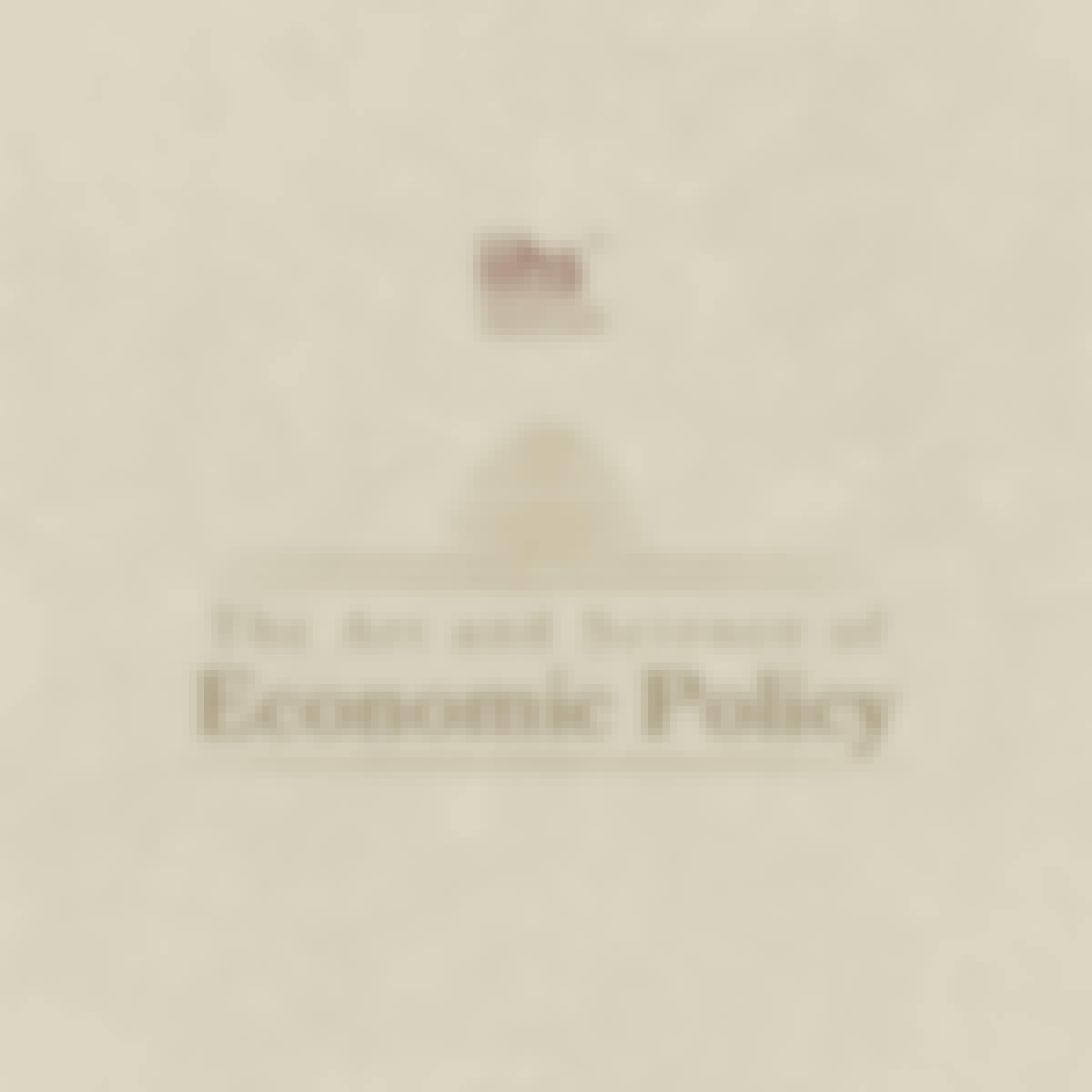 Status: Preview
Status: PreviewIndian Institute for Human Settlements
Skills you'll gain: Economics, Policy, and Social Studies, Policy Development, Public Policies, Policy Analysis, Behavioral Economics, Political Sciences, Economics, Market Dynamics, Governance, Program Implementation, Decision Making
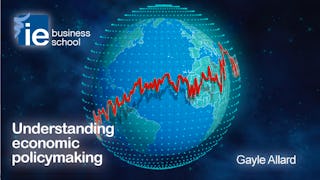 Status: Free Trial
Status: Free TrialIE Business School
Skills you'll gain: Financial Policy, Public Policies, Economics, Economics, Policy, and Social Studies, Tax, International Finance, Policy Analysis, Crisis Management, Fiscal Management, Financial Systems, Supply And Demand, Financial Market
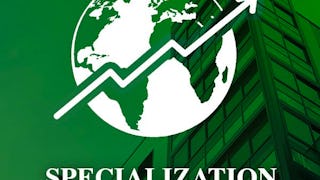 Status: Free Trial
Status: Free TrialIE Business School
Skills you'll gain: Financial Policy, International Finance, Public Policies, Economics, Economic Development, Economics, Policy, and Social Studies, Business Economics, Market Opportunities, International Relations, Tax, Global Marketing, Financial Trading, Policy Analysis, Socioeconomics, Demography, Business Risk Management, Crisis Management, Fiscal Management, World History, Supply And Demand
 Status: Free Trial
Status: Free TrialUniversity of Michigan
Skills you'll gain: Responsible AI, Governance, Data Governance, Data Management, Compliance Management, AI Product Strategy, Generative AI, Artificial Intelligence, Stakeholder Management, Risk Analysis, Cost Benefit Analysis, Regulation and Legal Compliance, Organizational Strategy, Leadership and Management, Risk Management, Accountability
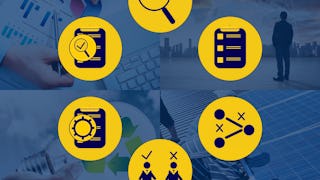 Status: Preview
Status: PreviewUniversity of Michigan
Skills you'll gain: Policy Analysis, Policy Development, Social Justice, Advocacy, Public Policies, Political Sciences, Health Policy, Economics, Policy, and Social Studies, Social Determinants Of Health, Program Evaluation, Community and Social Work, Public Administration, Case Studies, Diversity Equity and Inclusion Initiatives, Research, Problem Solving
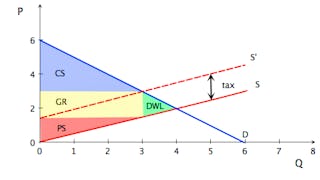 Status: Preview
Status: PreviewUniversity of Pennsylvania
Skills you'll gain: Supply And Demand, Economics, Market Dynamics, Economic Development, Market Analysis, Resource Allocation, Policy Analysis, Tax, Consumer Behaviour, Cost Benefit Analysis, Decision Making
What brings you to Coursera today?

Coursera Project Network
Skills you'll gain: Financial Statement Analysis, Financial Analysis, Return On Investment, Profit and Loss (P&L) Management, Financial Modeling, Performance Metric, Accounting, Finance, Operating Expense, Investments
 Status: Preview
Status: PreviewUniversiteit Leiden
Skills you'll gain: Policy Analysis, Public Policies, Economics, Policy, and Social Studies, Policy Development, Environmental Policy, Program Evaluation, Governance, Immigration Law, Research Methodologies
 Status: Preview
Status: PreviewUniversiteit Leiden
Skills you'll gain: Political Sciences, International Relations, Sustainable Development, Socioeconomics, Economic Development, Governance, Policty Analysis, Research, and Development, Economics, Global Marketing, Cultural Diversity, Sociology, Analysis
 Status: Free Trial
Status: Free TrialUniversity of Illinois Urbana-Champaign
Skills you'll gain: Supply And Demand, Economics, Market Dynamics, Business Economics, Behavioral Economics, Policy Analysis, Business Operations, Price Negotiation, Socioeconomics, Consumer Behaviour, Political Sciences, Economics, Policy, and Social Studies, Business Strategy, Public Policies, Competitive Analysis, Resource Allocation, Decision Making, Market Analysis, Cost Benefit Analysis, Environmental Issue
 Status: Free Trial
Status: Free TrialInteractive Brokers
Skills you'll gain: Financial Statement Analysis, Financial Analysis, Financial Acumen, Investments, Supply And Demand, Real Estate, Income Statement, Balance Sheet, Risk Management, Property and Real Estate, Market Dynamics, Market Trend, Portfolio Management, Growth Strategies, Business Economics, Economics, Business Valuation, Financial Trading, Technical Analysis, Research
 Status: Free Trial
Status: Free TrialRice University
Skills you'll gain: Economics, Supply And Demand, Business Economics, Market Dynamics, Economic Development, Game Theory, Financial Policy, Tax, Market Analysis, International Relations, Operating Cost, Cost Benefit Analysis, Business Metrics, Public Policies, Performance Metric, International Finance, Fiscal Management, Consumer Behaviour, Investments, Labor Relations
Economic Policy learners also search
In summary, here are 10 of our most popular economic policy courses
- The Art and Science of Economic Policy: Indian Institute for Human Settlements
- Understanding economic policymaking: IE Business School
- Globalization, Economic Growth and Stability: IE Business School
- Generative AI: Governance, Policy, and Emerging Regulation: University of Michigan
- Using Public Policy for Social Change: University of Michigan
- Microeconomics: The Power of Markets: University of Pennsylvania
- Profit Analysis using Economic Value Added: Coursera Project Network
- EU policy and implementation: making Europe work! : Universiteit Leiden
- Political Economy of Institutions and Development: Universiteit Leiden
- Microeconomics Principles: University of Illinois Urbana-Champaign










